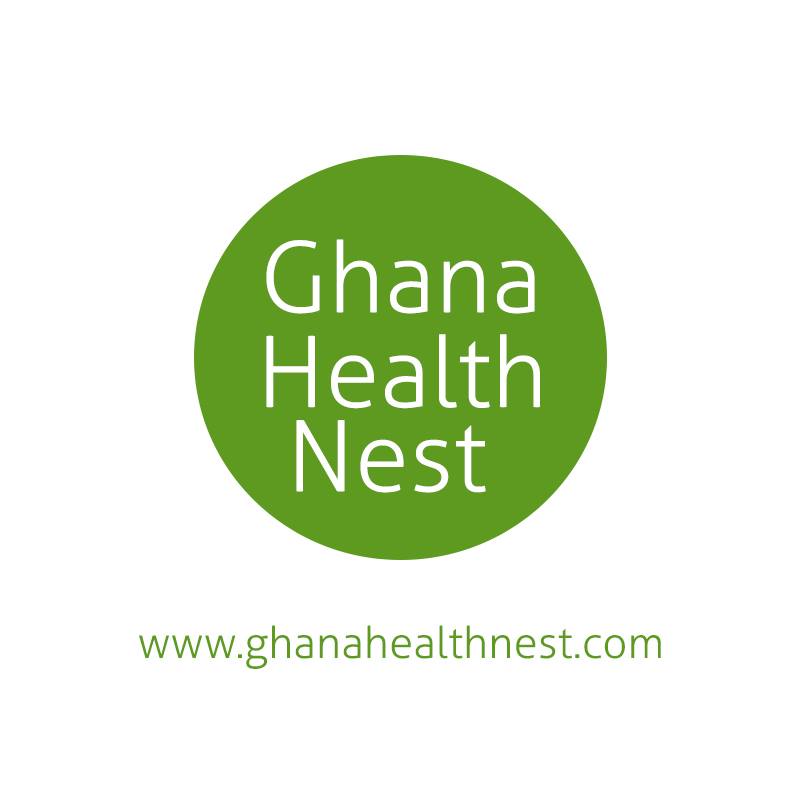The collaborative efforts of the Food and Agriculture Organization of the United Nations (FAO), the United Nations Environment Programme (UNEP), the World Health Organization (WHO), and the World Organisation for Animal Health (WOAH) are geared up to host the much-anticipated continental celebration of the World Antimicrobial Resistance Awareness Week (WAAW) 2023 in Harare, Zimbabwe, in partnership with key African Union agencies.
Scheduled from November 18th to November 24th, this year’s theme, “Preventing Antimicrobial Resistance Together,” signifies the urgency and significance of collective actions to tackle the global health challenge posed by antimicrobial resistance (AMR). The WAAW week is a crucial annual global event aiming to bolster awareness, understanding, and the promotion of best practices in antimicrobial stewardship across public health, animal health, and the environment.
Bringing together the Quadripartite organizations and the Africa Union Task Force on AMR, this year’s event will embody a One Health approach, translating the theme into actionable initiatives. The celebrations will span both national and continental levels, engaging diverse stakeholders worldwide.
The focal event will commence with a high-level opening ceremony on November 20th at the Harare International Convention Center (HICC) at 9:00 am. The Minister of Lands, Agriculture, Fisheries, Water and Rural Development of Zimbabwe, H.E Hon Dr A.J Masuka, will inaugurate the week-long event, further marking the occasion with the signing of the Zimbabwe Antimicrobial Resistance National Action Plan (NAP).
The event’s agenda includes a myriad of activities such as media briefings, ‘world café’ debates on AMR, interactive sessions with high school students, including a mini football tournament, high-level panel discussions, policy dialogues, and informative visits to various sites including the BOLAV Vaccine Production Unit, a BOLVAC Theileriosis Vaccination hotspot, and a Farmer Field School farm.
The WAAW event serves as a collaborative platform uniting stakeholders in the fight against the emergence and spread of AMR. It provides a pivotal opportunity to raise awareness and advocate for AMR risk mitigation efforts across diverse sectors while showcasing continental solidarity in addressing this global concern.
In light of this, key international organizations including FAO, WHO, WOAH, Africa CDC, and AU IBAR stand united in promoting awareness and seeking support for programs aimed at curtailing AMR risks. This collective endeavor is set to reinforce Africa’s pivotal role in the global fight against AMR.
About FAO
The Food and Agriculture Organization (FAO) leads international efforts to combat hunger and achieve global food security. With operations in over 130 countries and 195 member nations, FAO works tirelessly towards ensuring access to high-quality food for all.
About WHO
The World Health Organization (WHO) serves as the global authority in public health within the United Nations system. With the goal of ensuring universal health coverage, WHO collaborates with 194 Member States across six regions to promote health, safety, and wellbeing.
About WOAH
Established in 1924, the World Organisation for Animal Health (WOAH) is the global authority on animal health. Focused on disseminating transparent information on animal diseases, WOAH works towards improving animal health worldwide for a safer and more sustainable planet.
About Africa CDC
The Africa CDC aims to bolster public health institutions’ capabilities across the continent, enabling quick and effective responses to disease threats and outbreaks through science, policy, and data-driven interventions.
About AU IBAR
Operating as a technical office within the African Union Commission, AU IBAR supports African Union member states in harnessing animals’ potential for human well-being and economic development, spanning livestock, fisheries, and wildlife resources.











